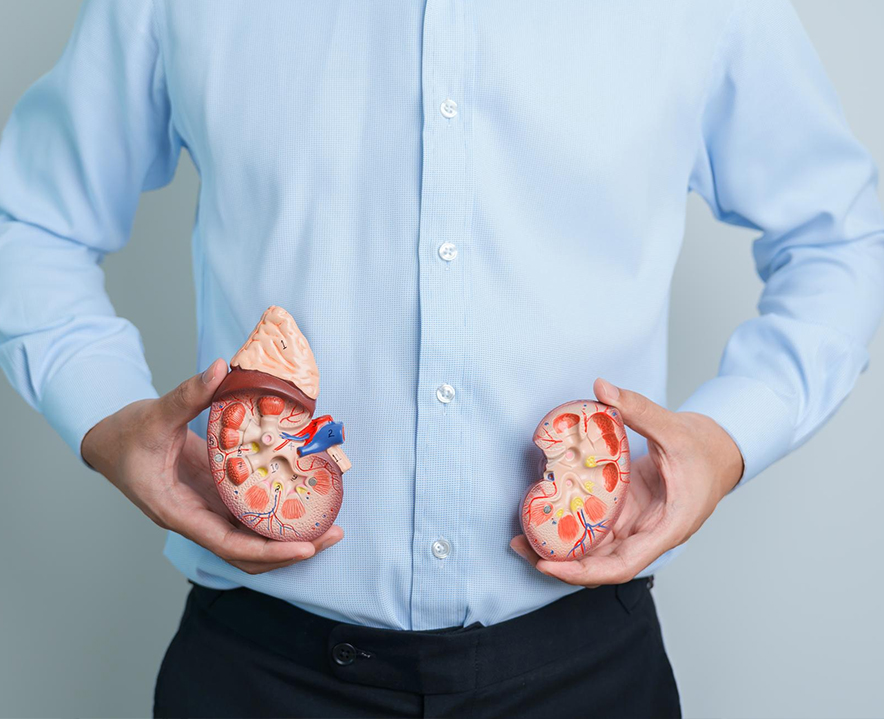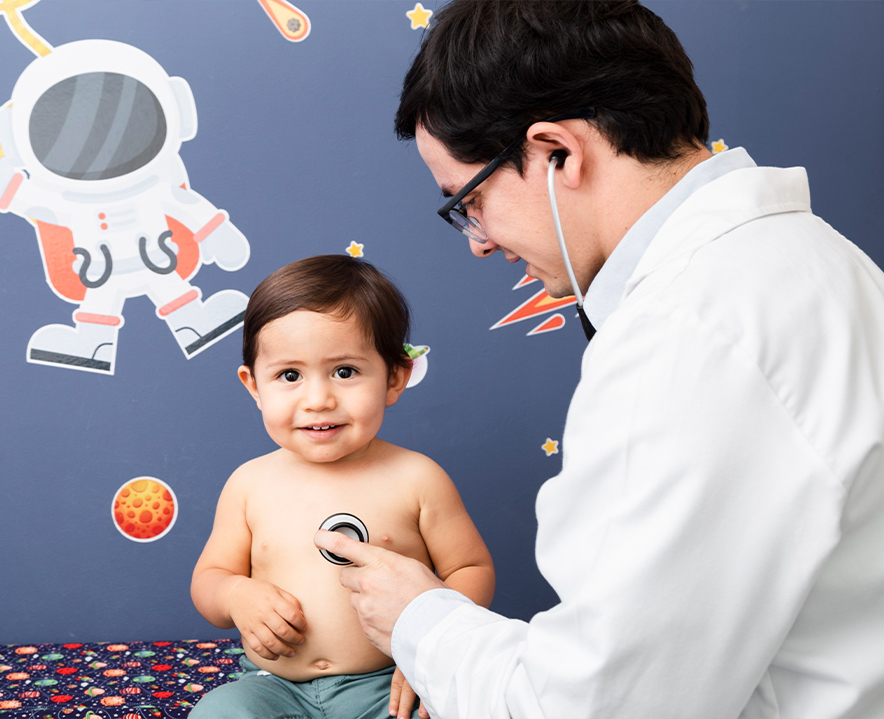Have you ever noticed small changes in your urine or suspected the signals your body might be showing you? Urological cancers, affecting the kidneys, bladder, and prostate, often present symptoms that can escalate into more severe health issues if not addressed earliest. Let’s explore our informative blog, where our experienced urologist specialists analyze the truth behind symptoms that may prompt your body to seek the expert guidance of urological doctors, offering valuable advice and instructions for maintaining a healthy life.
Before delving into lifestyle and screening tips, let’s begin by discussing the types of urological cancers and their corresponding statistics.
Statistics data for all urology cancers:
Bladder Cancer: According to the Indian Cancer Registry, bladder cancer (BCa) is the tenth most frequent cancer, causing 3.9% of all cancer cases. There is a scarcity of (BCa) data from India.
Prostate Cancer: Prostate cancer has a 5-year survival rate of 64% in India and is also one of the top 10 most common cancers.
Kidney Cancer: In India, the expected incidence of kidney cancer is approximately 2/100,000 males and 1/100,000 females.
Testicular Cancer: Testicular cancer is an uncommon disease among Indian males, with an annual incidence of less than 1 in 100,000 men caused by cancer cells developing in the testicles.
Penile Cancer: India has one of the highest incidences of penile cancer in the world, with rates reaching 3.32 per 100,000 males.
Urethral Cancer: Urethral cancer is a very rare tumor, accounting for less than 1% of all cancers.
The best lifestyle parameters:
Nutrient dietary plan: A diet consisting of fruits, vegetables, whole grains, and lean protein can help reduce urological cancers, probably due to antioxidants found in these foods. Restricting your intake of junk food and red meat could potentially reduce your chance of urological cancer.
Consumption of adequate water: Drinking enough water is essential for good kidney health, as it helps flush out toxins and reduces the risk of kidney stones. Staying hydrated is essential when applying effective kidney stone prevention measures.
No Tobacco and Alcohol: Quitting smoking and restricting alcohol usage are important steps toward healthy lifestyle and preventing bladder and kidney malignancies, as excessive alcohol consumption can also lead to urological disorders.
Maintaining a balanced weight: Obesity increases urological cancer risk, so a healthy lifestyle involving exercise and proper nutrition can help manage weight and improve overall well-being.
Screening Tips:
Regular Check-ups: Routine medical visits are key for detecting potential urological disorders as early as possible. During these sessions, discuss your urological family medical history with your urological doctor.
Kidney Cancer Screening: Regular monitoring of those with a family history of kidney cancer or those at higher risk can aid in early identification through imaging tests such as CT scans or ultrasounds.
Bladder Cancer Screening: Smokers and those exposed to industrial chemicals and dye’s should be alert about possible symptoms like blood in urine, and regular check-ups can help detect abnormalities early.
Prostate Cancer Screening: Men over 50 with prostate cancer-related family history should discuss PSA testing benefits and risks with healthcare providers for early detection and effective treatment.
Testicular Cancer and Penile Cancer Self-Exams: Males should be aware of the significance of performing regular testicular and penile self-exams. Any unexpected lumps growth or change’s should be reported to a healthcare provider as soon as possible.
Genetic Counseling: If there is a family record of urological cancer, genetic counseling can help to guide specific screening and prevention strategies.
Summary:
Your body’s symptoms can be quiet messages, directing you to pay attention to your urological health. You are capable of drastically reducing your risk of urological cancer and increasing your general well-being by reflecting on these indications, adopting a healthy lifestyle, and following screening tips.








